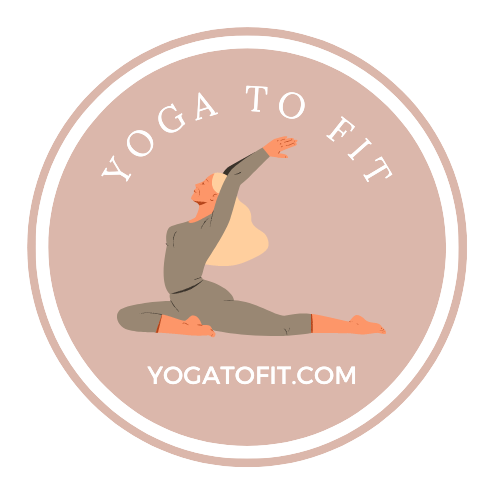Who Should Avoid Doing Yoga

Yoga has gained huge popularity in recent years due to its numerous health benefits for the mind, body, and soul. However, while yoga is generally considered a safe and effective form of exercise for people of all ages and fitness levels, there are certain individuals who should avoid doing yoga altogether.
There are many benefits to yoga. Yoga is a well-being strategy that incorporates physical postures, breathing exercises, meditation, and moral guidelines.
But, understanding who should avoid doing yoga is essential to ensure that individuals with specific health conditions or limitations can make informed decisions about their participation in yoga classes.
In this article, we will explore some of the groups of people who should avoid doing yoga to ensure their safety and well-being.
Who Should Avoid Doing Yoga: Do’s and Don’ts of Yoga Practice
There are certain people who should avoid doing yoga or seek guidance from a qualified healthcare professional before beginning a yoga practice. Here are few people who should Avoid Doing Yoga:
1. Pregnant Women

While yoga can be beneficial during pregnancy, pregnant women should avoid Doing Yoga and certain poses that involve deep twists, abdominal pressure, or inversions. These poses can potentially strain the abdominal muscles, compress the uterus, or compromise the blood flow to the fetus. Here are some considerations for pregnant women:
The Trimesters Matter
During the first trimester, some women might find it safe to continue their regular yoga practice, but with modifications. However, as pregnancy progresses, the body undergoes significant changes, making certain poses risky. It’s essential to consult a healthcare provider and a prenatal yoga instructor to ensure that the chosen yoga routine aligns with the stage of pregnancy.
Avoid High-Risk Poses
Poses that involve deep twists, inversions, or excessive pressure on the abdomen should be avoided during pregnancy. These poses can potentially harm the developing fetus or cause discomfort for the mother-to-be. Gentle stretches and breathing exercises are generally safer choices.
Listen to Your Body
Pregnant women should be attuned to their bodies and be willing to adapt their yoga practice accordingly. If a pose feels uncomfortable or causes pain, it’s essential to stop immediately and consult with a healthcare professional.
2. Individuals with Certain Medical Conditions
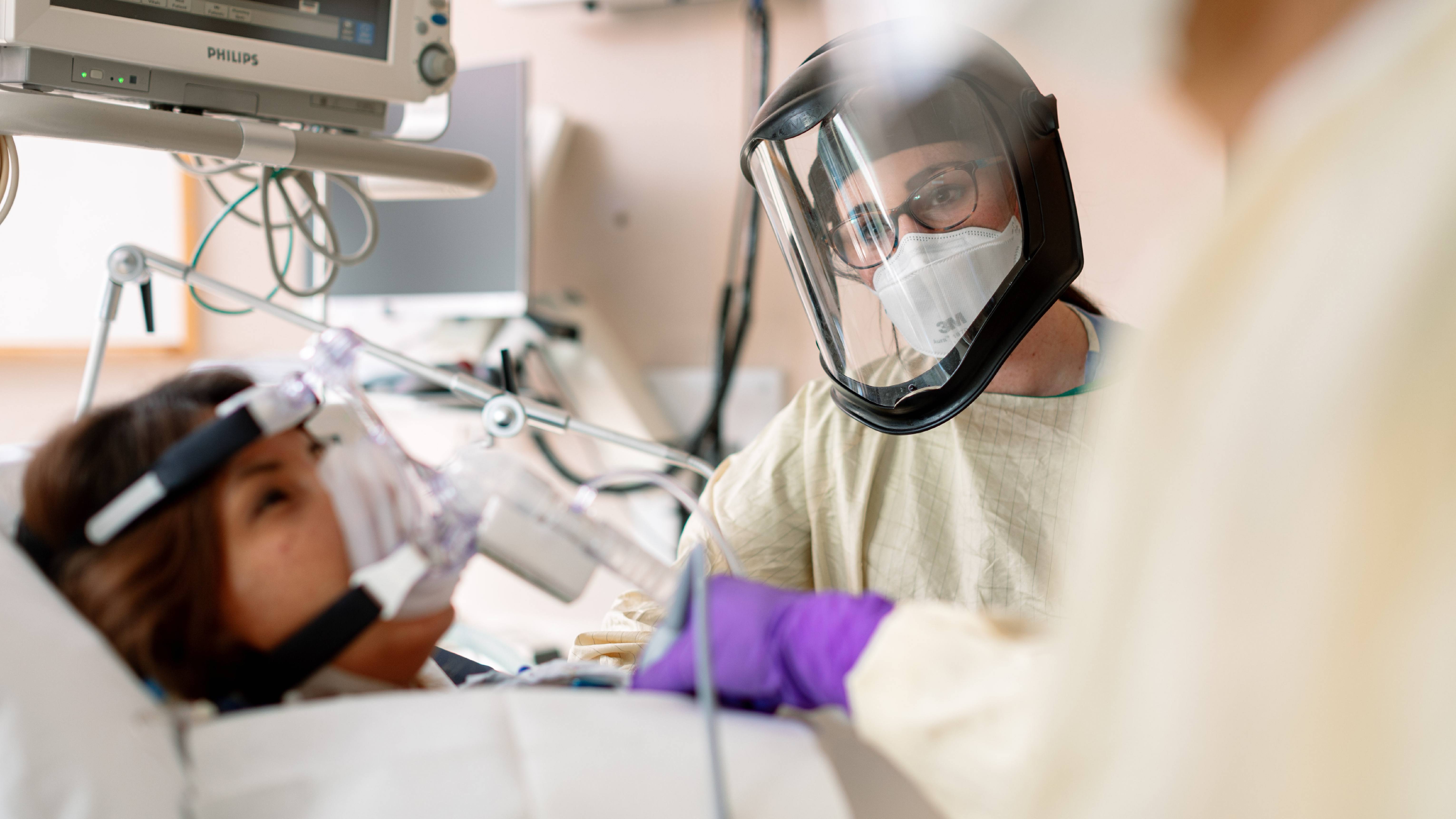
People with certain medical conditions should approach yoga with caution or avoid Doing Yoga altogether. For example, individuals with severe osteoporosis, uncontrolled high blood pressure, glaucoma, or herniated discs may need to avoid certain poses or modify them to prevent further complications. Here are some conditions to consider:
Severe Joint Issues
People with severe joint problems, such as advanced osteoarthritis or rheumatoid arthritis, should be cautious when practicing yoga. Some poses may exacerbate joint pain or lead to injury. Gentle, modified yoga routines may be more suitable.
Uncontrolled High Blood Pressure
Yoga is generally praised for its ability to lower blood pressure, but individuals with uncontrolled high blood pressure should approach it carefully. Certain poses, like headstands or deep backbends, can temporarily increase blood pressure and should be avoided.
Recent Surgeries
Individuals who have undergone recent surgeries, especially those involving the abdomen or joints, should consult their healthcare provider before resuming or starting a yoga practice. Yoga might need to be modified to avoid strain on the healing areas.
3. People with Joint or Muscle Injuries
If you have a recent joint or muscle injury, it’s important to be cautious with yoga practice and avoid doing Yoga. Certain poses that require a lot of joint mobility or weight-bearing on the injured area can exacerbate the injury and delay the healing process.
It’s best to consult with a healthcare provider or a qualified yoga instructor who can provide modifications or suggest alternative poses that are safe for your condition.
4. Seniors and Yoga

While yoga can be beneficial for older adults in improving flexibility, strength, and balance, they should approach it with caution and avoid doing Yoga. As we age, our joints may become less flexible, and our bones may be more brittle. Here are certain precautions that should be taken into consideration:
Balance and Mobility
Seniors may have reduced balance and mobility, making some yoga poses risky. It’s advisable to practice yoga under the guidance of a qualified instructor who can provide modifications and ensure safety.
Osteoporosis
Seniors with osteoporosis should be cautious when practicing yoga, as certain poses may increase the risk of fractures. Gentle, weight-bearing poses may be more suitable, but consultation with a healthcare provider is essential.
Heart Conditions
Seniors with heart conditions should consult their doctors before starting a yoga practice, especially if they plan to engage in vigorous forms of yoga. A modified, gentle approach may be more appropriate.
5. Individuals with a History of Stroke or Heart Disease
People who have a history of stroke or heart disease should be cautious with their yoga practice and avoid doing Yoga. Certain poses that involve inversions or intense backbends can increase blood pressure, strain the heart, or disrupt blood flow to the brain.
It’s crucial for individuals with a history of stroke or heart disease to consult with their healthcare provider before practicing yoga and work with a qualified yoga instructor who can guide them in choosing safe poses and modifications.
6. People with Balance Issues
Yoga poses often require good balance to perform correctly and safely. Individuals with balance issues due to conditions such as vertigo, inner ear problems, or neurological disorders should be cautious with their yoga practice and avoid doing Yoga.
Certain poses that involve standing on one leg or balancing on the hands can potentially increase the risk of falls and injuries.
It’s important to work with a qualified yoga instructor who can provide modifications or suggest alternative poses that are safe for individuals with balance issues.
7. Individuals with Respiratory Conditions
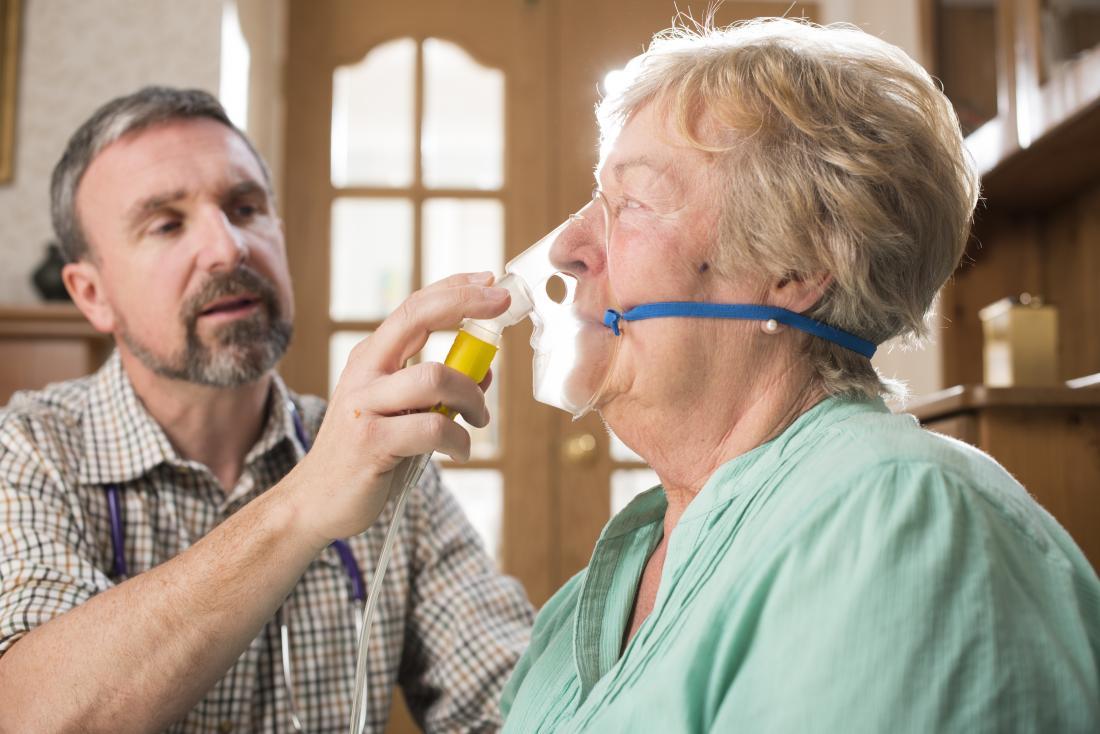
People with respiratory conditions such as asthma should approach yoga with caution and consult their healthcare provider before engaging in any physical activity.
Certain yoga poses or breathing exercises may trigger respiratory symptoms or discomfort in individuals with respiratory conditions.
It’s important for them to communicate their condition to their yoga instructor and modify their practice as needed to ensure that their respiratory health is not compromised during their yoga practice.
8. Individuals with Physical Limitations or Disabilities
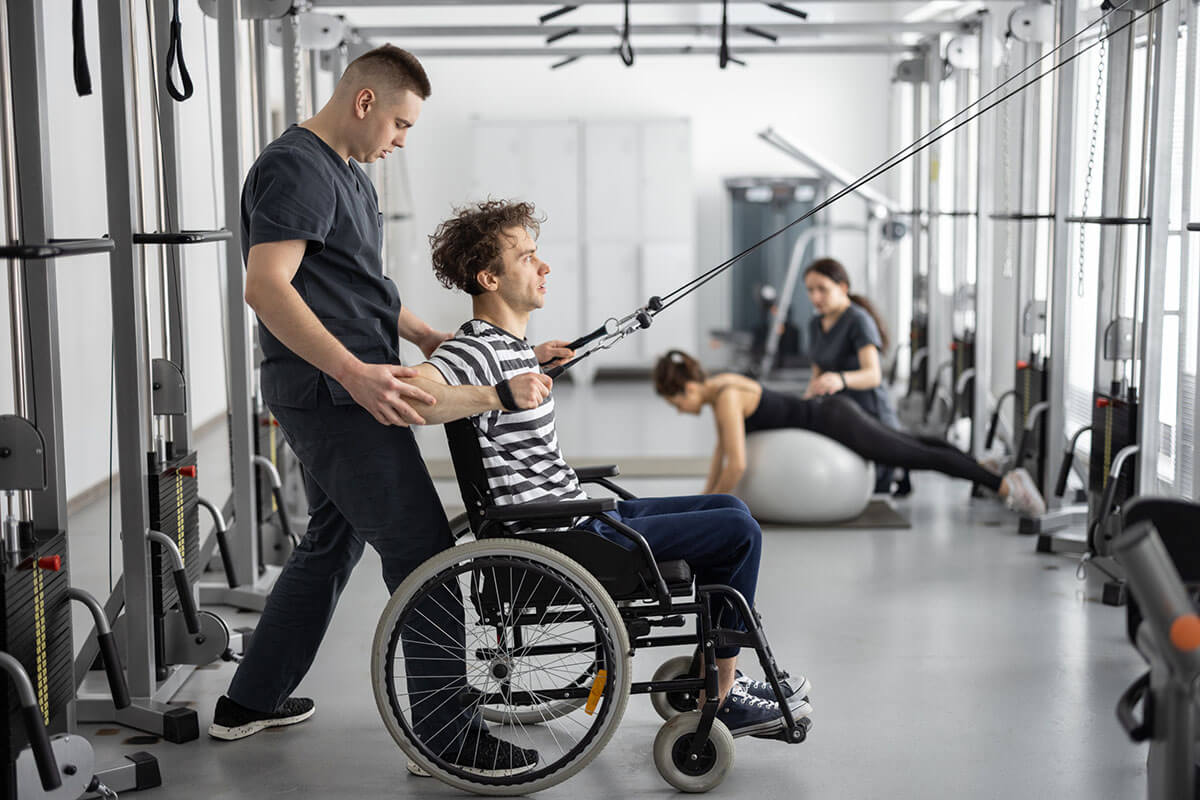
Yoga is generally adaptable and inclusive, but individuals with physical limitations or disabilities should approach yoga with caution and seek guidance from a qualified yoga instructor experienced in working with individuals with diverse physical abilities.
Modifications and adaptations may be necessary to ensure that the practice is safe and beneficial for individuals with physical limitations or disabilities.
It’s important to communicate any physical limitations or disabilities to the yoga instructor and work together to create a practice that is accessible and enjoyable for the individual.
FAQ’S
Q. Who should avoid doing yoga?
A: Some individuals who should avoid doing yoga include pregnant women, people with uncontrolled hypertension, severe musculoskeletal injuries, or specific medical conditions .
Q. Are there any medical conditions that prevent doing yoga?
A: Some medical conditions may require individuals to avoid certain types of yoga or yoga poses. For example, individuals with uncontrolled high blood pressure, severe osteoporosis, glaucoma, or certain cardiovascular conditions may need to avoid certain inversions or intense practices.
It is important to consult with a qualified healthcare professional before practicing yoga if you have any medical conditions .
Q. Can pregnant women do yoga?
A: While yoga can be beneficial for pregnant women, certain precautions should be taken, and some poses may need to be avoid.
Pregnant women should avoid practicing hot yoga, intense practices, and poses that involve lying flat on the back after the first trimester. It is recommend to practice prenatal yoga under the guidance of a qualified instructor who can modify poses as needed for pregnancy.
Q. Are there any age limitations for practicing yoga?
A: Yoga is generally safe for people of all ages, but some older adults may need to avoid certain poses or practices that may strain their joints or muscles.
Individuals with limited mobility or chronic conditions such as arthritis should approach yoga with caution and seek guidance from a qualified instructor who can provide modifications.
You May Also Like:
Conclusion
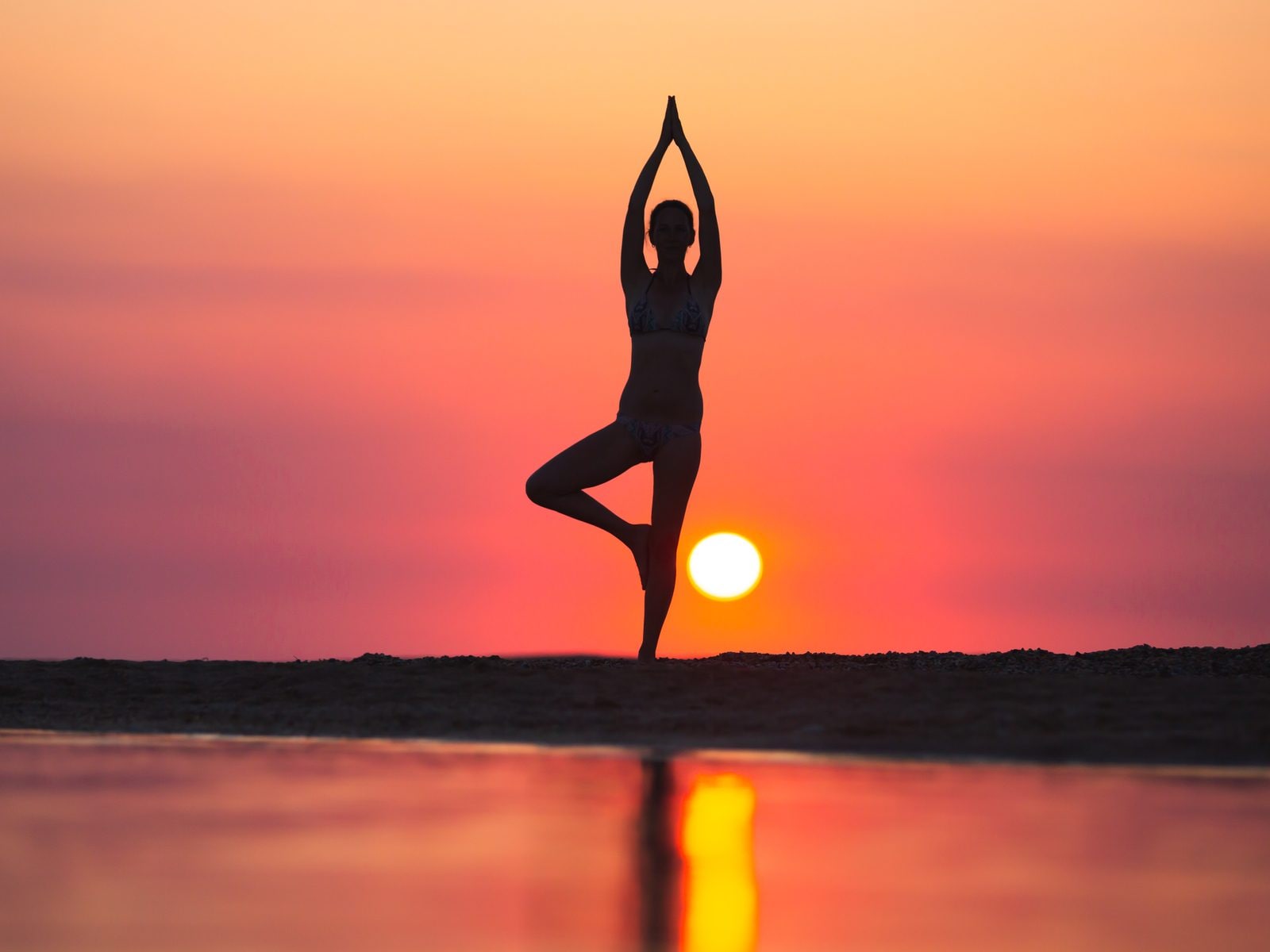
In conclusion, while yoga is known for its numerous health benefits and is generally consider safe for most people, there are certain individuals who should avoid doing yoga altogether.
This includes individuals with certain medical conditions, such as uncontrolled high blood pressure, glaucoma, herniated disc or osteoporosis, as well as pregnant women in certain stages of pregnancy.
It is essential to consult with a qualified healthcare professional before beginning a yoga practice, especially if you have any underlying health concerns or medical conditions.
Additionally, it’s crucial to listen to your body and practice yoga mindfully, being aware of your limitations and avoiding any postures or movements that may cause pain or discomfort.
Remember, safety should always be a top priority in any fitness or wellness routine, and it’s essential to choose an exercise regimen that aligns with your individual health needs and goals.
Namaste!
